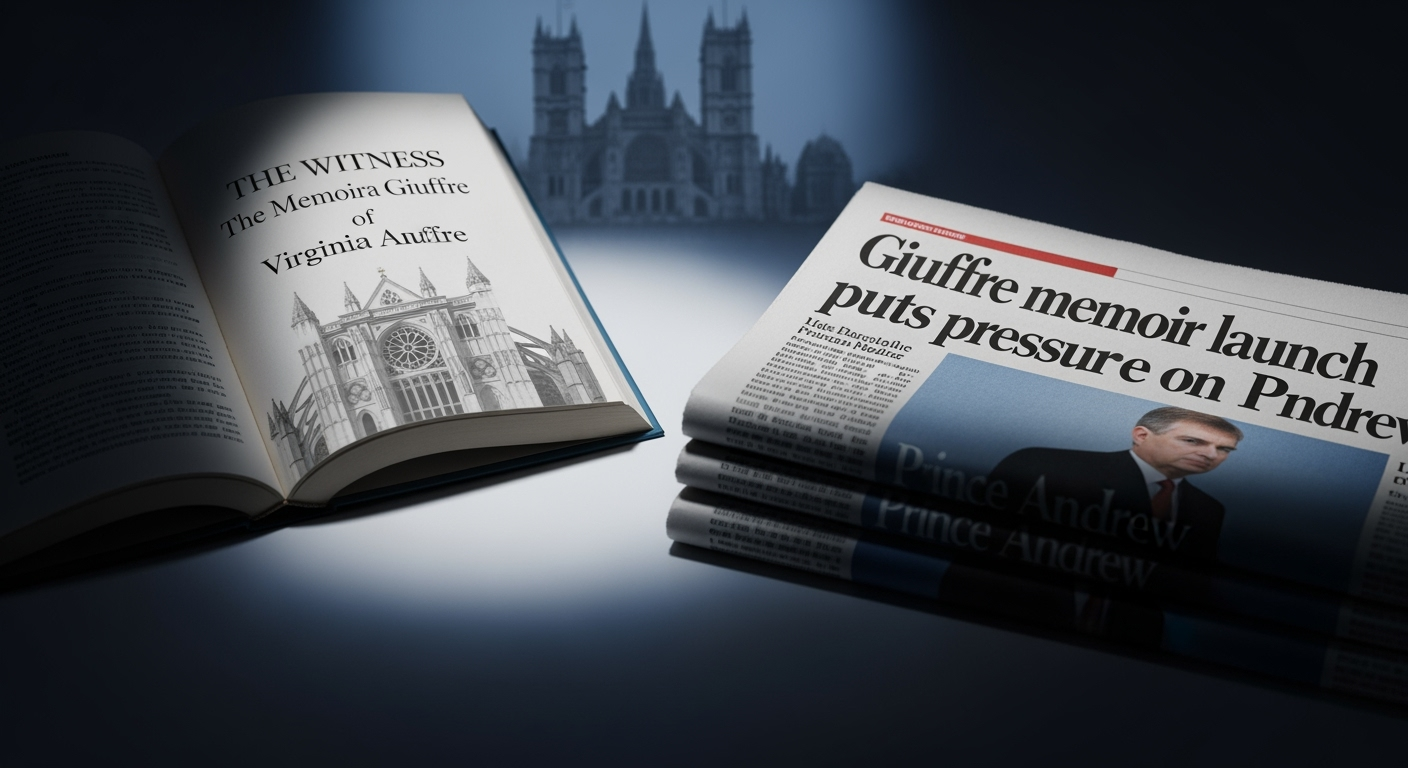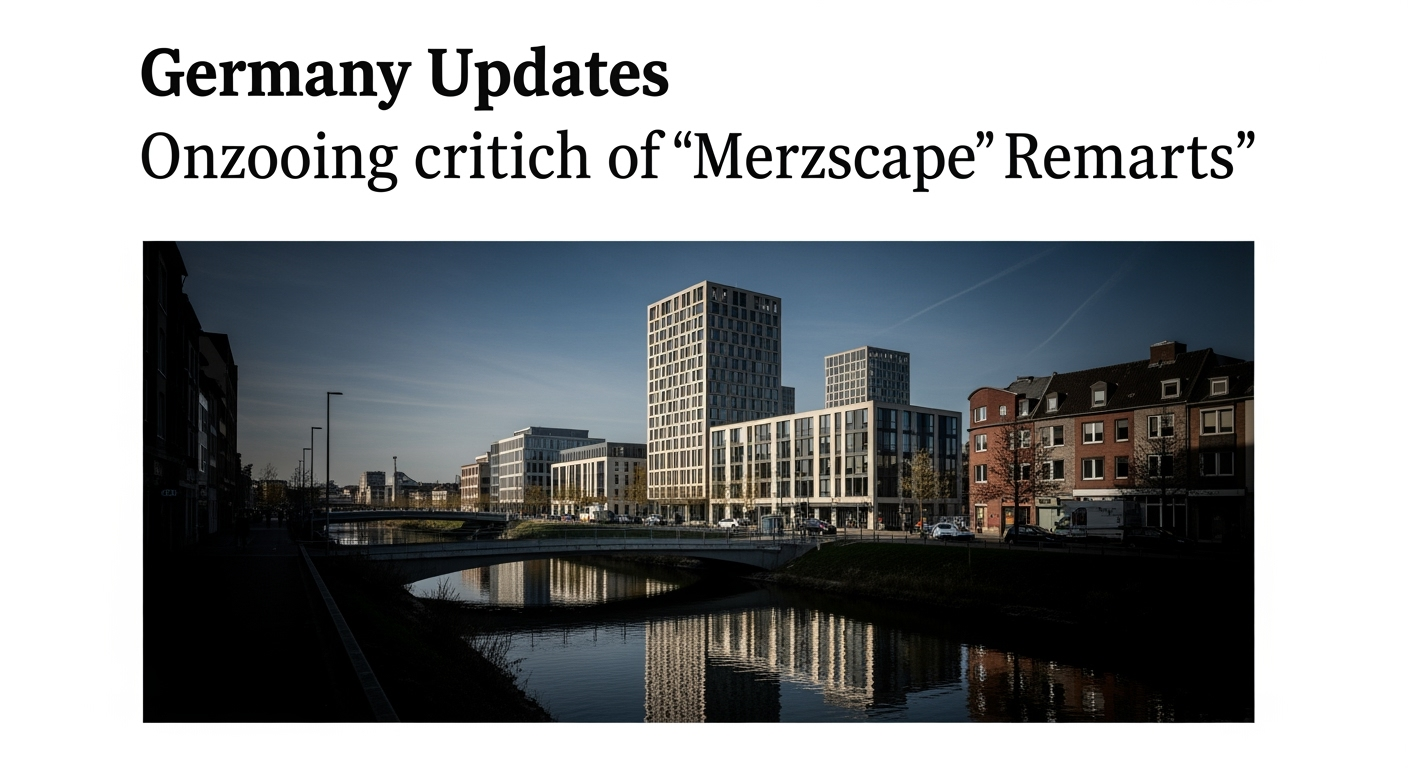Related Articles

Chess World Mourns Loss of Grandmaster Daniel Naroditsky at 29




Berlin – German Chancellor Friedrich Merz remains embroiled in a deepening political controversy following his recent comments linking irregular migration to "problems in the cityscape." Despite widespread condemnation from opposition parties and public protests, the conservative leader has vehemently defended his statements, asserting that he has "nothing to take back" and that many citizens share his concerns. The ongoing dispute has cast a spotlight on Germany's fraught immigration discourse, revealing profound divisions within the political landscape and broader society.
The contentious remarks initially surfaced during a press conference in Brandenburg, where Merz was questioned about the rise of the far-right Alternative for Germany (AfD) party. While highlighting his government's reported success in reducing irregular migration by 60% since taking office in May, the Chancellor added, "But of course, we still have this problem in the cityscape, and that's why our Interior Minister is now working on plans for enabling and carrying out deportations on a larger scale." He later doubled down, urging people to "Ask your children, ask your daughters," to corroborate the existence of this perceived "problem," particularly "after dark." This phrasing immediately drew accusations of racial insensitivity and thinly veiled rhetoric that critics say dehumanizes migrant communities.
The reaction to Merz's "cityscape" comments was swift and overwhelmingly negative from across the political spectrum, with opposition parties leading the charge. Lawmakers from the Green Party and the Left Party were particularly vocal, accusing the Chancellor of employing discriminatory and racist language that casts all migrants under suspicion. Green parliamentary leader Katharina Dröge directly challenged Merz in the Bundestag, questioning what he meant by the "problem" and suggesting it implied an issue with the appearance or origin of people. Felix Banaszak, co-leader of the Green Party, characterized the remark as disrespectful, dangerous, and "unworthy of a chancellor," implying it questioned the belonging of individuals with migration backgrounds in Germany. Socialist Left Party leader Sören Pellmann echoed calls for an apology, stating the comment "has driven another thorn into our democracy." Natalie Pawlik, the Federal Government Commissioner for Integration from the Social Democratic Party (SPD), warned that such populist pronouncements divide society and hinder genuine solutions. The public also responded, with approximately 5,000 people protesting in Berlin, accusing Merz of adopting language reminiscent of the far-right AfD and demanding an apology to migrants and refugees.
Despite the intense backlash, Chancellor Merz has remained unyielding, refusing to retract his statements. At a subsequent press conference in Berlin, he reiterated his position, stating, "I said nothing that needs to be taken back. On the contrary, I want to emphasize it once again: We must change this situation." He further asserted that he had received many supportive messages and that "Everyone confirms that this is a problem, at least after dark." This unapologetic stance received backing from within his own Christian Democratic Union (CDU) and its Bavarian sister party, the Christian Social Union (CSU). Supporters argue that Merz is addressing legitimate concerns held by many citizens regarding social cohesion, crime, and the pressures on public services, particularly in urban areas. Wolfgang Büscher, a spokesperson for the Christian children's charity "Die Arche," notably lent his support, stating that if people perceive the "cityscape" in this way, then "it's a fact," suggesting Merz was not wrong to address visible social fragmentation.
The controversy surrounding Merz's "cityscape" remarks underscores the deep-seated complexities and sensitivities within Germany's ongoing debate about migration and integration. Critics contend that the language used, particularly the term "Stadtbild," risks stigmatizing entire communities and reducing human diversity to an aesthetic "problem." They warn that such rhetoric can inadvertently fuel xenophobic tendencies and societal division, potentially playing into the hands of extremist groups. The debate also highlights the persistent pressure on mainstream politicians to respond to public anxieties about migration, especially in an environment where the far-right AfD is gaining traction by offering hardline solutions. Merz's previous criticisms of Angela Merkel's "open borders" policy during the 2015 migrant crisis and his consistent advocacy for a tougher line on irregular migration indicate a strategic approach to reclaim political ground from the far-right. However, the current firestorm demonstrates the precarious balance between addressing public concerns and maintaining inclusive political discourse.
The enduring fallout from Chancellor Merz's "cityscape" comments signifies more than just a passing political dispute. It reflects a critical juncture in Germany's national conversation about identity, integration, and the future of its diverse urban centers. As the government presses ahead with plans for accelerated deportations and stricter migration measures, the language used by its leaders will continue to be scrutinized, shaping both public perception and the fabric of German society. The ongoing debate underscores the delicate task of addressing real challenges without compromising the principles of inclusion and respect for all residents.